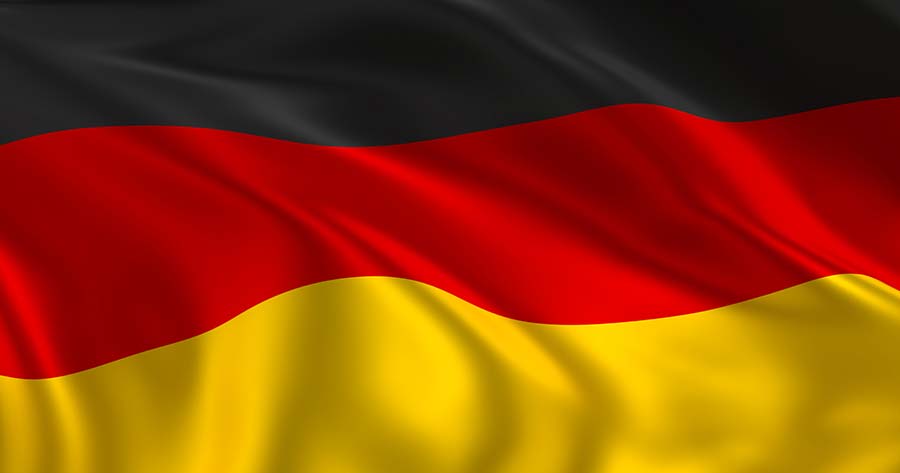European traders took a long sigh of relief after the inflation rate in Germany for September fell to the lowest level since the invasion of Russia in Ukraine, which some were hoping that this could be an indicator for the inflation status in the bloc, though some data was still concerning.
Inflation of the largest economy in Europe slowed down to 4.5% year-on-year in September, according to the data released by the Federal Statistical Office on Wednesday. The price index made a sharp decline from 6.1% in August and also in line with the forecast by economists as well. It was the slowest growth since 4.3% rise in February 2022.
On a monthly basis, consumer prices in Germany rose 0.3%. Meanwhile, the final data showed that the harmonized index of consumer prices for Germany increased by 4.3% from September 2022 and gained 0.2% month on month.
Despite the fact that inflation was the lowest in more than a year, Ruth Brand, President of the Federal Statistical Office, still believed that it was too high despite the price of energy prices slowed down to 1.0% due to a sharp drop by 26% in the price of heating oil, on the other hand, electricity prices remained elevated at 11.1%.
Still, food prices were up 7.5% in September, compared to the same period of last year. Although it fell from 9.0% in August and 11.0% in July, the figure was even higher than the German inflation rates. Consumers saw the price of sugar, jam, honey and other confectionery edging higher by 15.3%, while bread and cereals rose 12.0%. In the meantime, fish, fish products and seafood were also significantly more expensive, increasing 9.6%, while prices for vegetables also rose by 8.4% as well.
According to the comparison company Verivox, Germany has the world’s highest consumer prices of electricity. It was 2.7 times higher than the international average. Even after considering its high purchasing power, Germany still has more expensive electricity than any other G20 countries.
An expert from the largest German market research company, GfK, said in late September that the chances of a recovery in consumer sentiment in 2023 could have probably fallen to zero.
After the release of inflation data, the German economy ministry said that he expected the economy to shrink by 0.4% this year due to the persistently high inflation as well as energy prices and a slowdown in global trade demand.
Earlier this month, the International Monetary Fund (IMF) cut its forecast for the German economy to a 0.5% contraction this year, which was higher than the previous forecast for only a 0.3% contraction.
Additionally, France will report its inflation data tomorrow in which the market expected it to remain stable at 4.9%.





